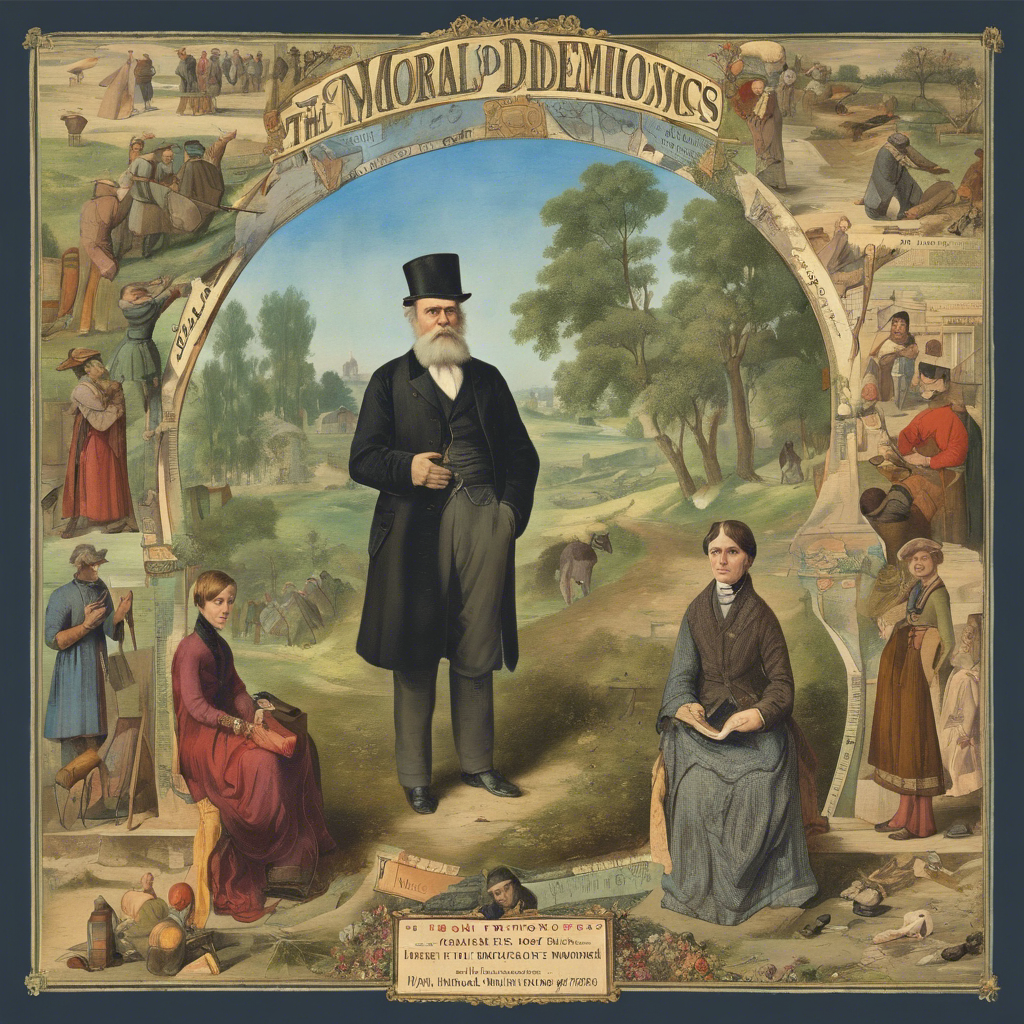The Moral Dimensions of Economics: Lessons from Tolstoy’s “How Much Land Does a Man Need?”

Exploring the intersection of economics and morality through Leo Tolstoy’s short story
In Leo Tolstoy’s thought-provoking short story, “How Much Land Does a Man Need?”, the protagonist’s relentless pursuit of wealth and expansion leads to his ultimate downfall. Tolstoy’s tale serves as a cautionary reminder of the moral implications inherent in economic decision-making. Today, as economics has become increasingly detached from ethical considerations, there is a growing need to reexamine the relationship between economics and morality. This article explores the lessons we can learn from Tolstoy’s story and the potential for incorporating morality into economic models and policies.
The Rationality of Growth and the Fallacy of Satisfaction
Pahóm, the protagonist of Tolstoy’s story, initially seeks to maximize his profit by expanding his land holdings. At each stage of his journey, he believes that acquiring more land will bring him contentment. However, he quickly becomes dissatisfied, returning to a previous level of happiness. This pattern of perpetual dissatisfaction challenges the notion of rational decision-making in economics and highlights the fallacy of equating material wealth with fulfillment.
The Moral Landscape of Economic Thinking
Tolstoy saw a moral dimension to economic thinking, a perspective echoed by economist John Maynard Keynes. They recognized that economic decisions have far-reaching moral and political implications. However, mainstream economics has largely abandoned this moral framework in favor of a technocratic, value-neutral approach. This detachment from ethics allows for the perpetuation of unjust systems and the suppression of alternatives.
The Need for a Reevaluation of Economics
Economists such as Thomas Piketty and Albert Hirschman have called for a reevaluation of the role of ethics in economics. They argue that the discipline should embrace complexity and acknowledge the limitations of mathematical models. Tolstoy’s writings also advocate for a change in the economic game, challenging the status quo and questioning the inevitability of current economic systems.
Marrying Economics and Morality
While Tolstoy’s moral and spiritual reforms may not be practical in the modern world, there are tangible ways to incorporate economics and morality. Initiatives such as participatory budgeting, climate budgeting, employee ownership, and true pricing offer alternatives that prioritize justice and sustainability. These models have already proven successful and provide a strong counterargument to charges of utopianism.
Implementing Change within Existing Systems
Change can be implemented within existing systems, without the need for drastic overhauls. Mayors, elected officials, and leaders in various sectors can adopt policies and practices that promote ethical decision-making in economics. Examples from cities like Mondragón and Amsterdam, as well as businesses like Patagonia, demonstrate the feasibility and effectiveness of these approaches.
Conclusion:
Tolstoy’s “How Much Land Does a Man Need?” serves as a powerful reminder of the moral dimensions of economic decision-making. As economics has become increasingly detached from ethics, there is a pressing need to reevaluate our approach to the discipline. By incorporating morality into economic models and policies, we can create a more just and sustainable economy. The time has come to shift our understanding of the economy from an impersonal sphere of abstract forces to a human arena of ethical decisions. Only then can we truly address the shocking state of the world and build a more equitable future.

